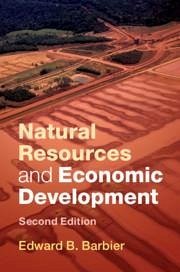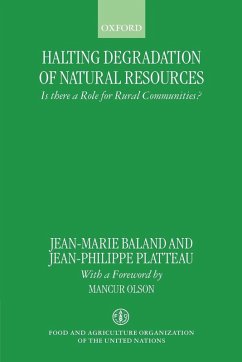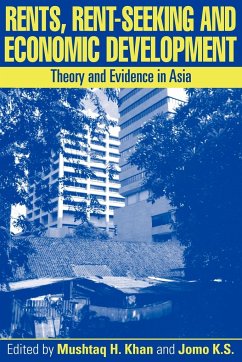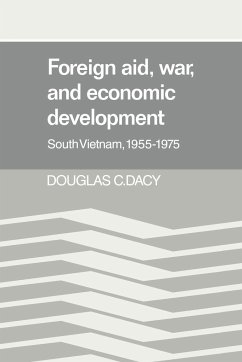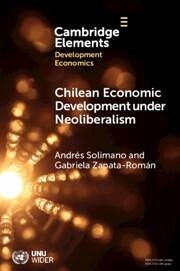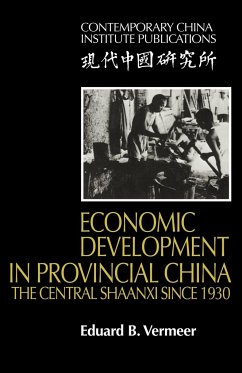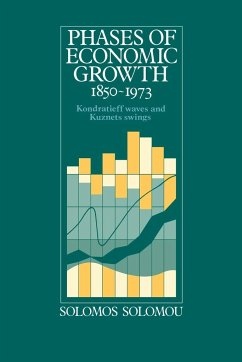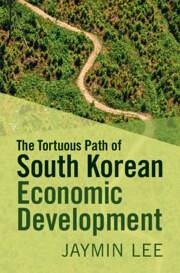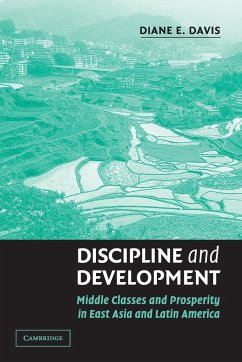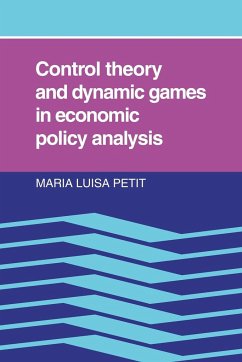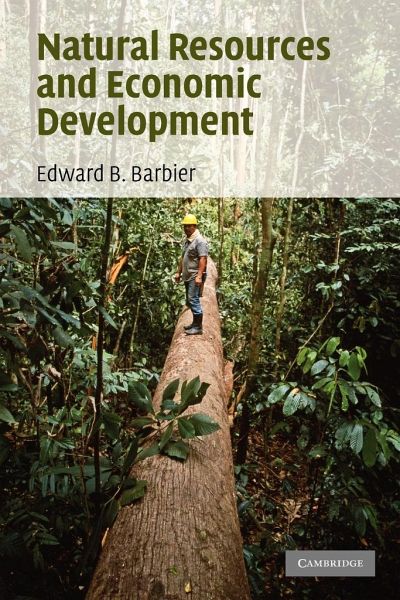
Natural Resources and Economic Development
Versandkostenfrei!
Versandfertig in 1-2 Wochen
52,99 €
inkl. MwSt.
Weitere Ausgaben:

PAYBACK Punkte
26 °P sammeln!
Natural Resources and Economic Development explores a key paradox: why is natural resource exploitation not yielding greater benefits to the poor economies of Africa, Asia and Latin America? Part I examines this paradox both through a historical review of resource use and development and through examining current theories which explain the under-performance of today's resource-abundant economies, and proposes a frontier expansion hypothesis as an alternative explanation. Part II develops models to analyse the key economic factors underlying land expansion and water use in developing countries....
Natural Resources and Economic Development explores a key paradox: why is natural resource exploitation not yielding greater benefits to the poor economies of Africa, Asia and Latin America? Part I examines this paradox both through a historical review of resource use and development and through examining current theories which explain the under-performance of today's resource-abundant economies, and proposes a frontier expansion hypothesis as an alternative explanation. Part II develops models to analyse the key economic factors underlying land expansion and water use in developing countries. Part III explores further the 'dualism within dualism' structure of resource dependency, rural poverty and resource degradation within developing countries, and through illustrative country case-studies, proposes policy and institutional reforms necessary for successful resource-based development.





